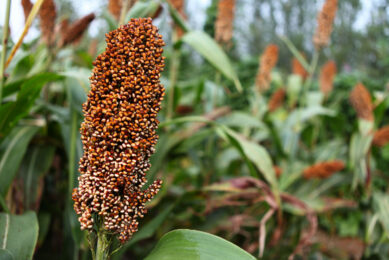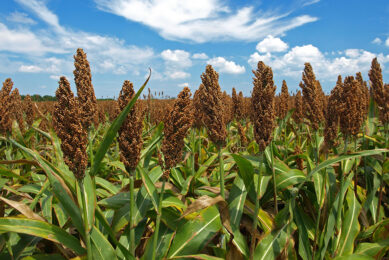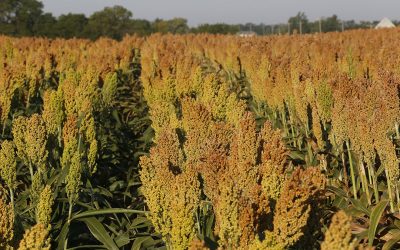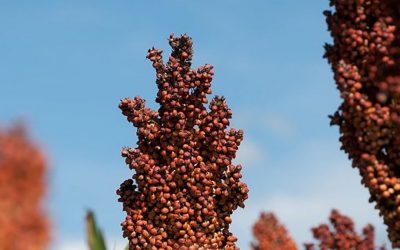Aluminum tolerant sorghum – promising
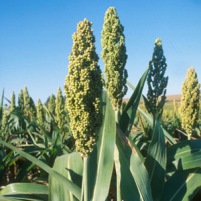
Cornell researchers have cloned an aluminum-tolerance gene in sorghum, which makes the plant promising in boosting crop yields in developing countries that have problems with acidic soils.
When soils are too acidic, aluminum that is locked up in clay minerals
dissolves into the soil as toxic, electrically charged particles called ions,
making it hard for most plants to grow.
In fact, aluminum toxicity in
acidic soils limits crop production in as much as half the world’s arable land,
mostly in developing countries in Africa, Asia and South America.
Now,
Cornell researchers have cloned a novel aluminum-tolerant gene in sorghum and expect to have new
genetically-engineered aluminum-tolerant sorghum lines by next year.
The
research, to be published in the September issue of Nature
Genetics, provides insights into how specialized proteins in the
root tips of some cultivars of sorghum and such related species as wheat and
maize can boost aluminum tolerance in crops.
Cornell’s research shows
that in aluminum-tolerant sorghum varieties, special proteins in the root tip
release citric acid into the soil in response to aluminum exposure. Citric acid
binds aluminum ions very effectively, preventing the toxic metal from entering
the roots.
Sorghum is an important food crop in Africa, Central America
and South Asia and is the world’s fifth most important cereal
crop.




